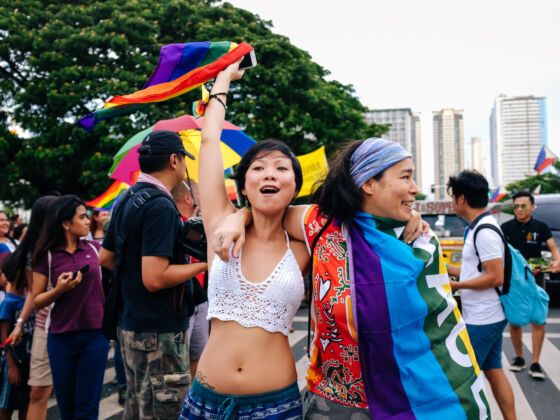LGBT travelers have a lot to be thankful for—and a lot to wish for. Let’s take a critical look at LGBT travel destinations this holiday season.
1. Africa
Africa leads the world for most countries where homosexuality is illegal. In what may seem like mixed signals for foreign travelers, North Africa’s Islamic roots allow for public same-sex affection, but not romance, while some deeply religious sub-Saharan states view LGBT lifestyles as “pacts with the devil.” According to the Washington Post, four of the 10 countries worldwide carrying the death penalty for homosexual acts are on the African continent.
